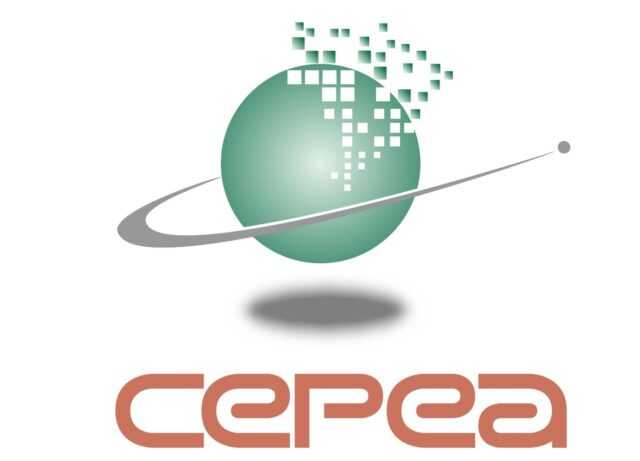SAO PAULO, Brazil – Brazilian coffee growers have higher expectations for this year’s coffee crop. Conab (Brazil’s National Company for Food Supply) estimates the arabica coffee output to be 15.9% higher (+5.2 million bags) in the 2023/24 season compared to that from 22/23. However, agents consulted by Cepea reported that farmers believe the output will be 30% higher.
Although Robusta production has been lower than in 22/23, several batches are arriving at the market – as well as of Arabica, says Cepea in its latest report.
Despite higher coffee supply, liquidity was low in July, since farmers are not satisfied with the current prices, selling coffee only when quotations rise – to pay for crop expenses. Cepea collaborators reported that deals for exports were low in July too.
The monthly average prices for both Arabica and Robusta coffee decreased steeply in July. For arabica, the CEPEA/ESALQ Index for arabica coffee type 6, delivered to São Paulo city, averaged BRL 819.61 per 60-kg bag last month, 11.8% down (nearly 110 Reais/bag) from that in June.
For robusta coffee, the CEPEA/ESALQ Index (Espírito Santo) for the type 6, screen 13, closed at BRL 649.29/bag, 8.07% down (56.97 Reais/bag) in the same comparison.
These averages are the lowest since April 2021 for arabica and since March 2023 for robusta, in real terms (values were deflated by the IGP-DI from Jun/23). For arabica, pressure on quotations came from both the progress of the harvesting in Brazil and perspectives for high supply in the short term. This scenario is also influencing robusta prices, despite the lower output in Espírito Santo (ES), the top robusta-producing state in Brazil.
Robusta devaluations were not as steep because of the confirmed crop failure in ES, where the season is ending. On the other hand, for arabica, activities are in progress, and higher volumes of higher-quality coffee is arriving at coffee roasters.
The weather favored crop activities most of July. In the current season, sporadic cases of pests and diseases have been reported in some regions, concludes the report.


















